SAFEGUARDING
Safeguarding and promoting the welfare of children is defined as:
- Protecting children from maltreatment;
- Preventing impairment of children’s health or development;
- Ensuring that children grow up in circumstances consistent with the provision of safe and effective care;
- Taking Action to enable all children to have the best outcomes.
The Safeguarding Senior Leadership team for the Federation are Elizabeth Grainger (DSL), Georgina Westhorpe (DDSL/Inclusion Manager), Heather Eggleton (Inclusion Assistant) and Sarah Woodburn (Senior Business Manager).
Mrs Caroline Weeks is the Governor responsible for overseeing Safeguarding.
Across the Federation, all staff are trained to Safeguarding level 2, including Prevent and FGM. Some of our teachers have had LADO (Local Authority Designated Officer) training and Rob Ellis, an e-learning specialist has provided E Safety training for staff and the parents.
The Safeguarding SLT ensure that all staff training, policies and procedures are understood, current and applied when necessary.
It may be helpful to parents to know that it is a statutory requirement for schools to report any obvious or suspected case of child abuse (where a child may be at risk of harm/have been harmed). This procedure is intended to protect children at risk and schools are encouraged to take the attitude that, where there are grounds for suspicion, it is better to be safe than sorry. This does mean that schools, on occasion, risk upsetting some parents by reporting a case, which, on investigation, proves unfounded. In such circumstances, we hope that parents will appreciate how difficult it is for schools to carry out this delicate responsibility, and would understand that the school was acting the child’s best interests.
Click to download the following safeguarding documents:
HIOW Neglect Threshold Indicators
HIOW Thresholds Chart Review Document
Safeguarding Bulletin Spring 2023
Safeguarding Reference Information
Safeguarding Concerned for a Child

British Values
Awareness of British Values is raised through our topic planning across the Federation and we have looked to make links to the British Values more explicit.
According to Ofsted, ‘fundamental British values’ are
• democracy
• the rule of law
• individual liberty
• mutual respect for and tolerance of those with different faiths and beliefs and for those without faith
However, British Values are also complemented by our school Christian Values of respect, determination and relationships.
PREVENT
Prevent is a government strategy designed to stop people becoming terrorists or supporting terrorist or extremist causes.
The school recognises its duty to protect our students from indoctrination into any form of extreme ideology which may lead to the harm of self or others. This is particularly important because of the open access to electronic information through the internet. The school aims to safeguard young people through educating them on the appropriate use of social media and the dangers of downloading and sharing inappropriate material which is illegal under the Counter-Terrorism Act. The school vets all visitors carefully and will take firm action if any individual or group is perceived to be attempting to influence members of our school community, either physically or electronically. Our definition of radical or extreme ideology is ‘a set of ideas which could justify vilification or violence against individuals, groups or self.’ Staff are trained to be vigilant for spotting signs of extremist view and behaviours and to always report anything which may suggest a student is expressing opinions which may cause concern. Our core mission of diversity permeates all we do. We place a strong emphasis on the common values that all communities share such as self-respect, tolerance and the sanctity of life. We work hard to broaden our students’ experience, to prepare them for life and work in contemporary Britain. We teach them to respect and value the diversity around them as well as understanding how to make safe, well-considered decisions.
All staff are expected to uphold and promote the fundamental principles of British values, including democracy, the rule of law, individual liberty and mutual respect, and tolerance of those with different faiths and beliefs. We believe that children should be given the opportunity to explore diversity and understand Britain as a multi-cultural society; everyone should be treated with respect whatever their race, gender, sexuality, religious belief, special need, or disability.
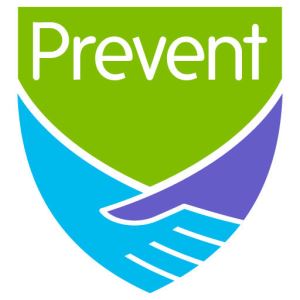
Prevent Useful Info
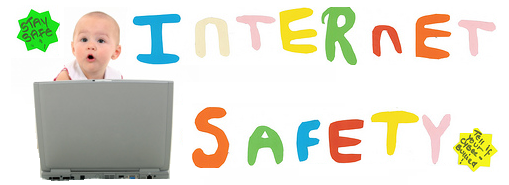
Internet Safety Useful Info
INTERNET SAFETY
Keeping Children Safe Online
There are several ways to safeguard children. Undoubtedly the most effective way is to educate them from an early age about the risks they may encounter when online, what these risks are, how to spot them and what action to take.
- Set ground rules about the use of the internet, email and texts. They should learn to take responsibility for their own actions and develop their own judgement.
- Make children aware that online contacts may not be who they say they are
- Children should keep personal details private
- Ensure that they use a family email when filling in online forms
- They must never meet someone they have only met online without a trusted adult present
- Get your children to report concerns about conversations, messages and behaviours to you or another trusted adult. Encourage them to share their internet experience with you.
- Get children to report bullying online, by text or phone immediately to you
- Use parental control settings on your browser, search engine and internet security package
- Block pop-ups and spam emails
- Always sit with younger children when they are online
- Watch out for any unusual or secretive behaviour from your child when they are using the internet.
Online Safety In Our Curriculum
Online safety is given importance in both computing and PSHE lessons. In both subjects a wide variety of subject areas are covered. These are linked in with the objectives covered in Education for a Connected World (2020) and taught using resources from Project Evolve. These resources are regularly updated and, as well as the lesson resources, provide areas of discussion to develop and questions to deepen the children’s understanding. Computing will deal with elements of online safety that is specifically linked into the knowledge of computing, e.g. how to identify copyrighted content whereas PSHE will focus on objectives that are linked to emotions when using technology.
Monitoring and Filtering Online Use
During computing lessons, teachers are advised, where possible, to set up their classroom so that the laptops are visible at all times. Children are never left unsupervised on computing equipment with an adult always in the room when they are on a device, whether this is in a lesson, during a break time or in after school club. All computers on our network are subject to stringent internet filters that block any websites found to have anything harmful or the potential to be harmful under pre-determined categories such as gambling, violence, pornography etc. This filter is updated regularly and the school can also manually block any websites that do not meet the requirements of the filters but could provide a distraction to the children’s learning.
Main Sites Children Use
In computing lessons children will use websites pertaining to the intended learning objective, such as J2E Data for working on data objectives and Scratch for coding, for example. In other lessons, they may use a range of websites for research. It is recommended that teachers provide children with websites to use during the lesson, ensuring they have vetted these beforehand. This is to eliminate the unlikely possibility of our filters missing any harmful websites.
Interacting Online
Children do not interact with anyone else online at school. This is due to blocks on social media, app downloads and a ban on mobile phones. Children may use their email at school but this would be to send work to another student or teacher. This use would be supervised within lessons by an adult. Our monitoring of emails also means that emails sent with suspicious content (inside or outside of school) would be flagged.
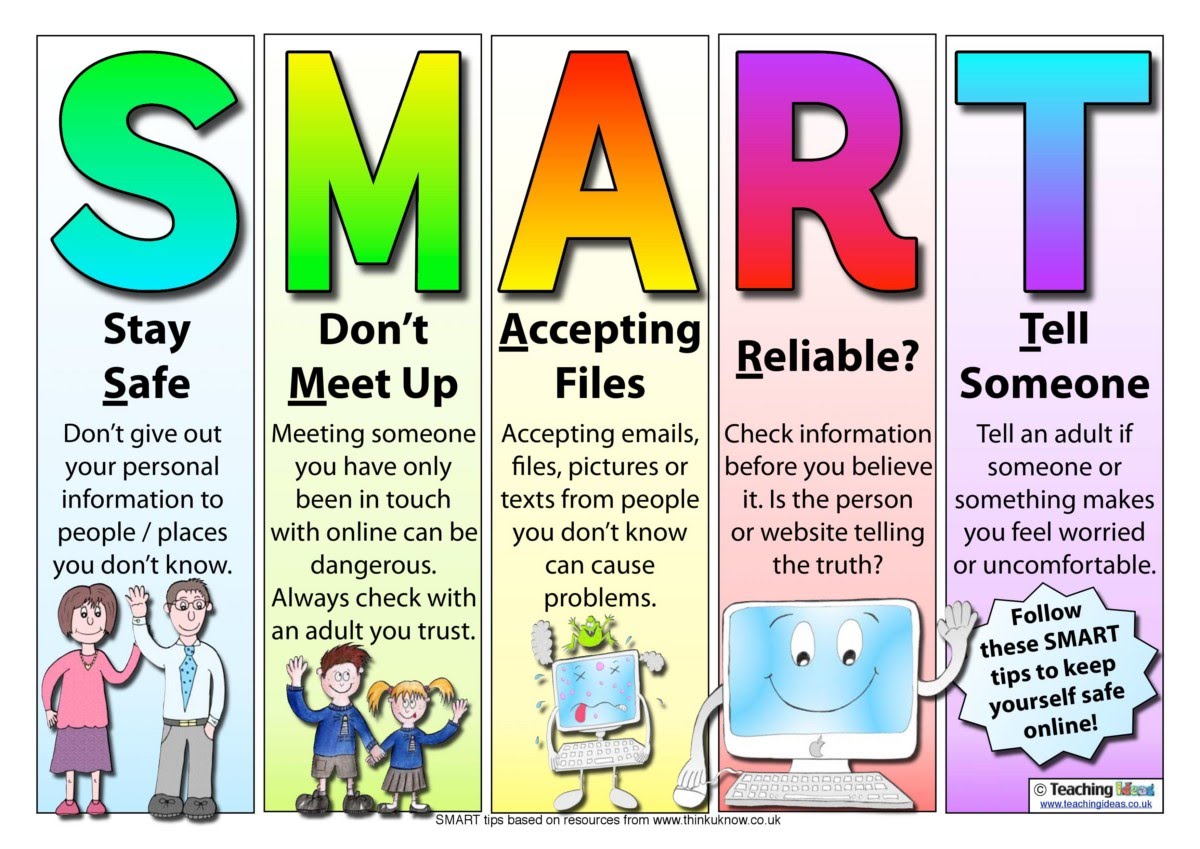
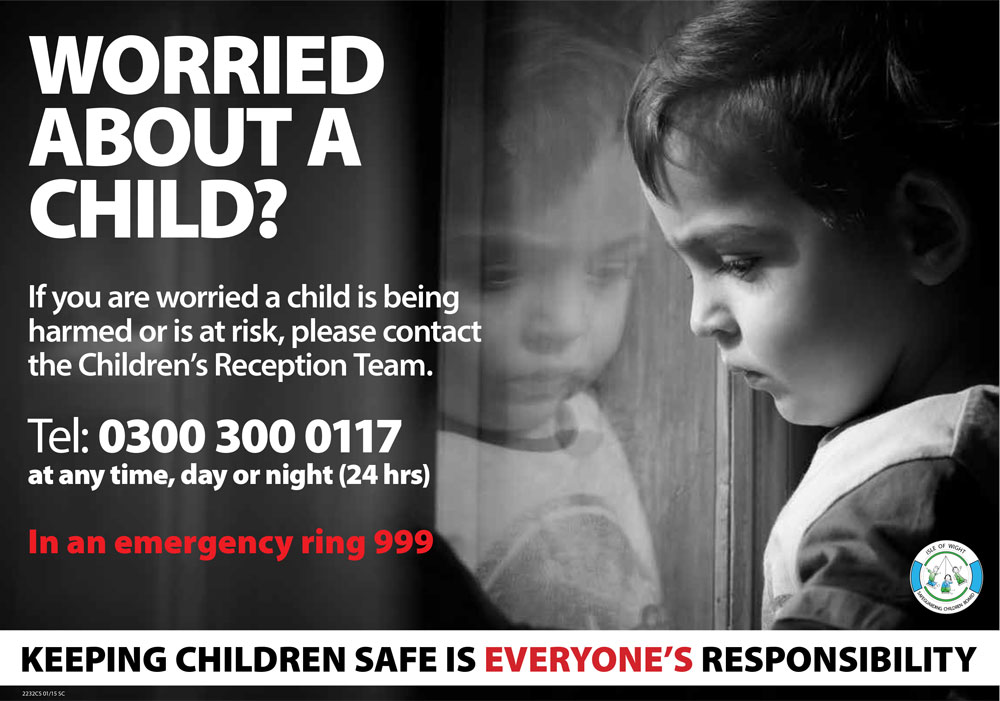
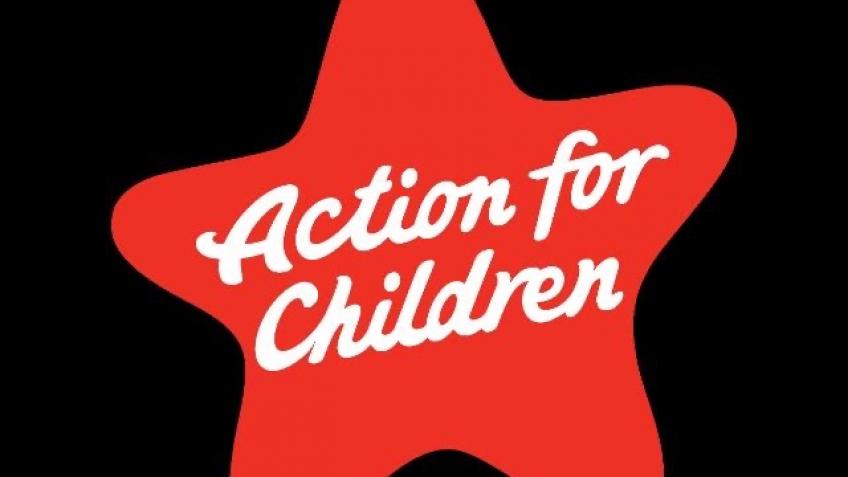

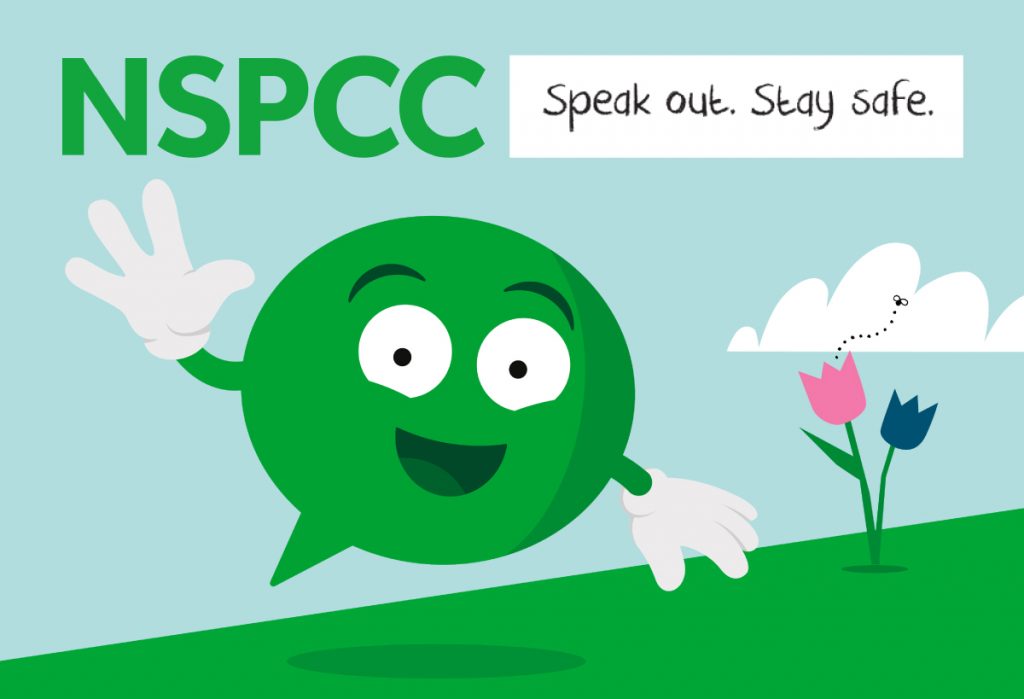
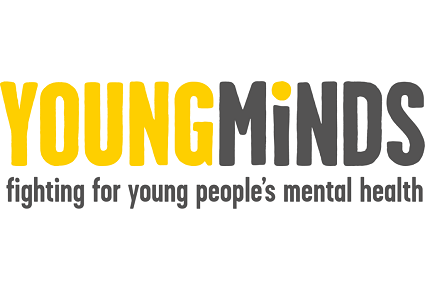
Safeguarding websites
Action for Children – https://www.actionforchildren.org.uk/
Barnardos – https://www.barnardos.org.uk/
Childline – https://www.childline.org.uk/
Childline is there to help anyone under 19 in the UK with any issue they’re going through. You can talk about anything. Whether it’s something big or small, their trained counsellors are there to support you.
Children’s Society – https://www.childrenssociety.org.uk/
NSPCC – https://www.nspcc.org.uk/
Young Minds – https://youngminds.org.uk/
Youth Trust IOW http://www.iowyouthtrust.co.uk
A charitable, independent and professional organisation offering counselling, advice, information and support to young people age 25 and under on the Isle of Wight, and in some cases, their parents and carers.
Mental Health Support Team – MHST – IOW Youth Trust
The MHST has Education Mental Health Practitioners or EMHPs who work in schools and colleges on the Island. They support the school to implement a Whole School Approach to mental health and wellbeing, and support the development of school policies and procedures to improve emotional health and wellbeing. Click to download – MHST Information Poster
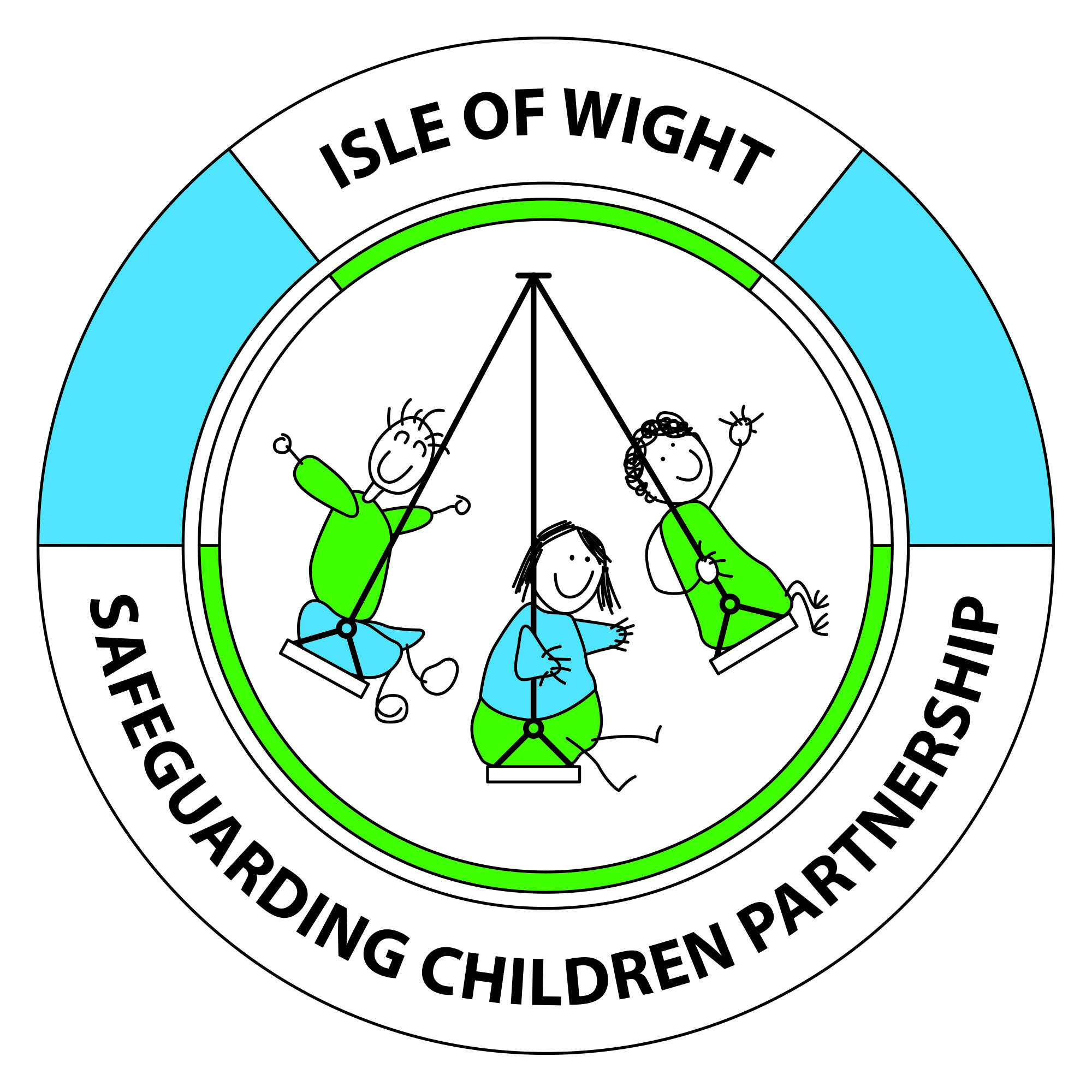
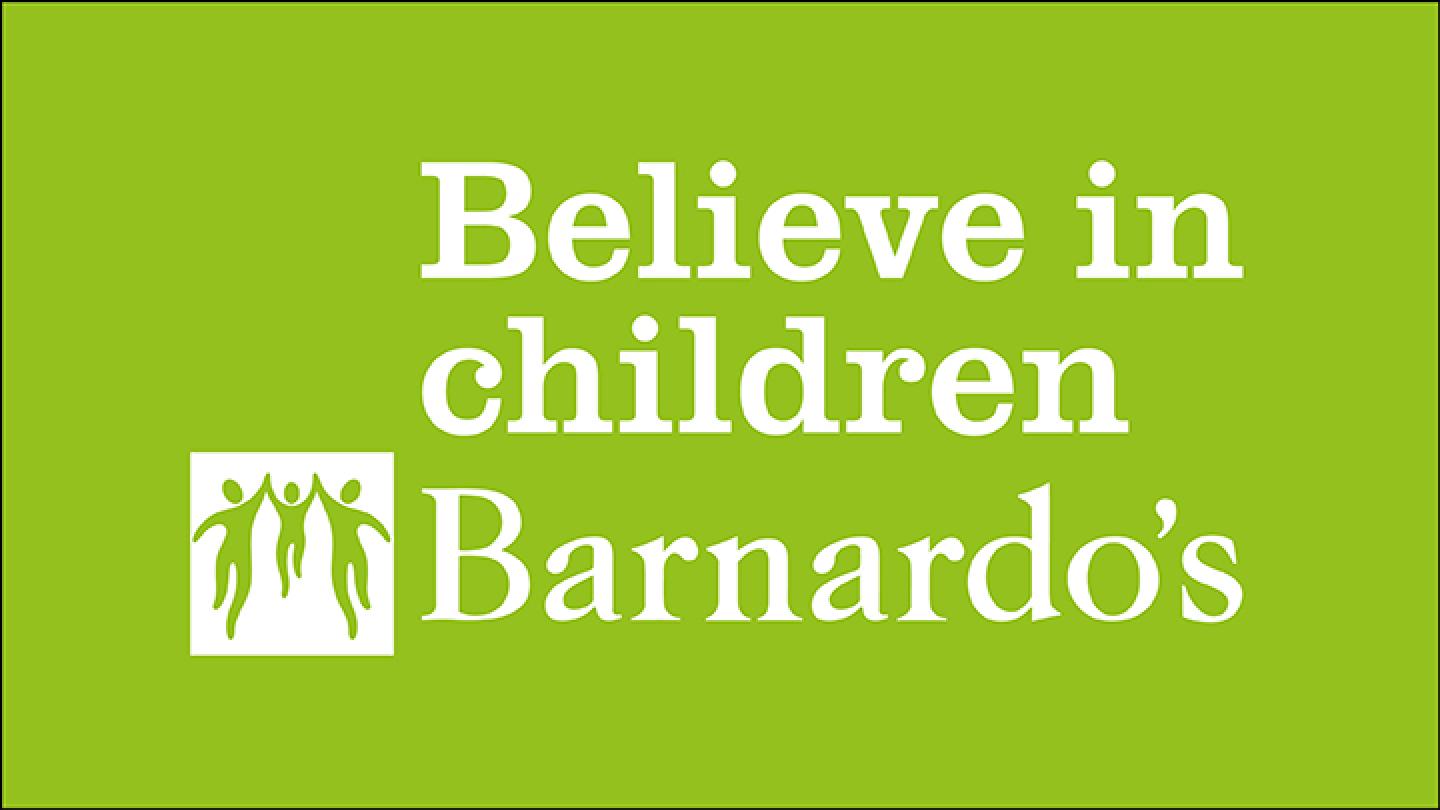
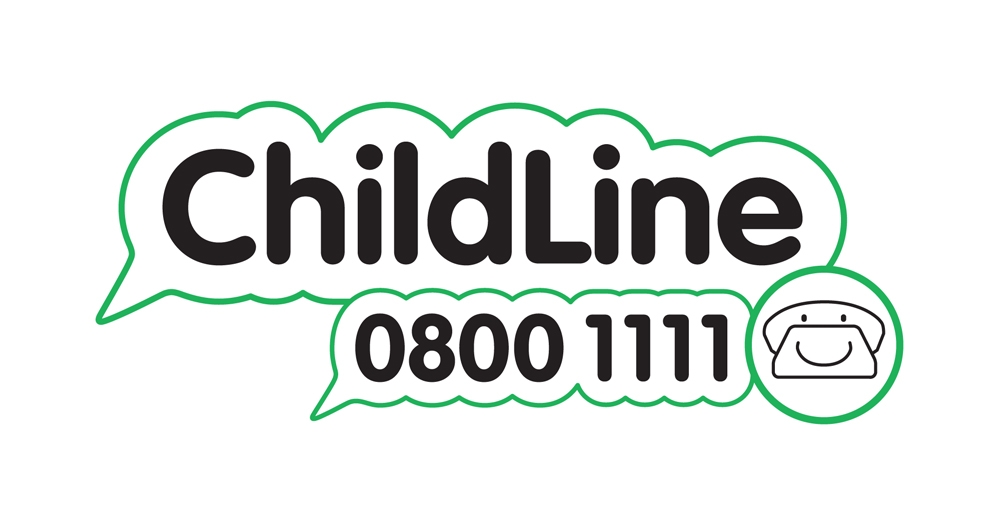
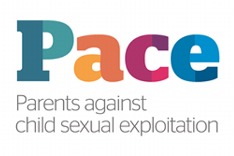
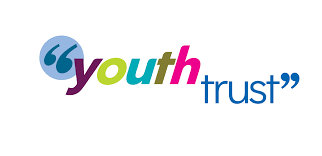
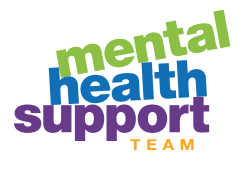
FIRE SAFETY
Please watch our Fire Safety video created by Mr McCormack, a friend of the Federation and retired Fireman.
